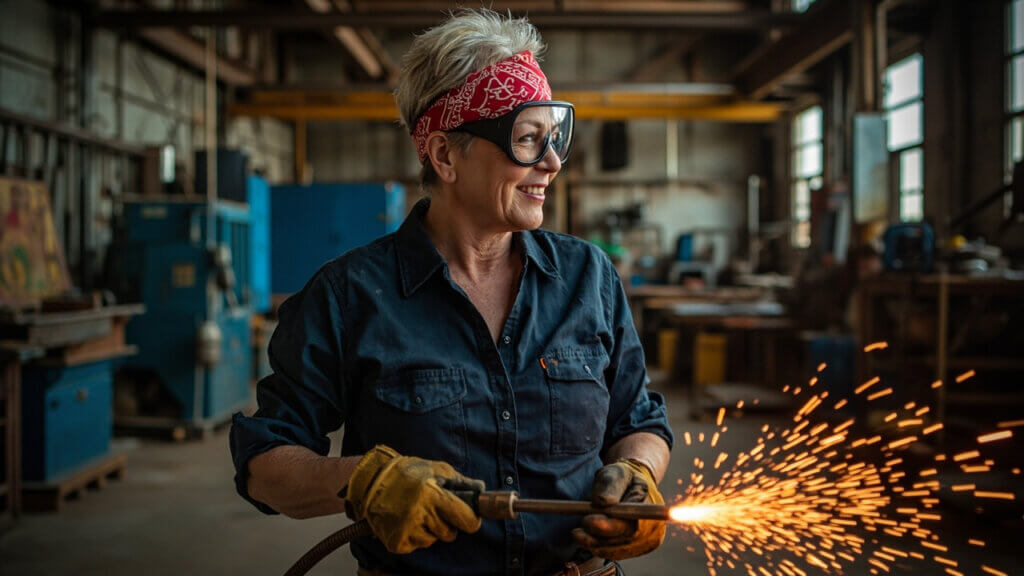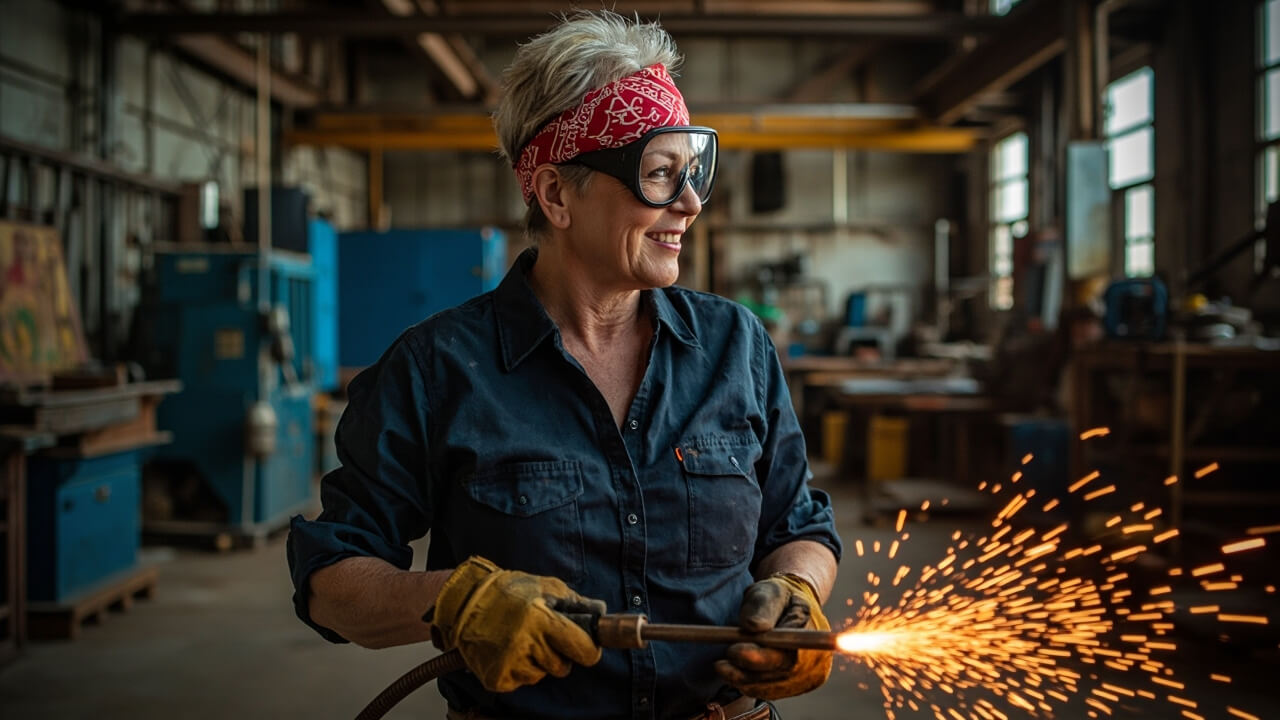Whether you’re looking for a fresh start, planning a semi-retirement career, or just want to learn a new skill that pays the bills, vocational training could be your perfect next step. And if you’re over 50? You’re in great company.
Today’s trade programs aren’t just for 20-somethings starting out—they’re built for people who want meaningful, hands-on work without spending four years in college. And many are designed with flexible schedules, financial aid options, and fast-track pathways for adults ready to pivot.
In this guide, we’ll walk through some of the best vocational programs for older adults, what you can expect, and how to get started—even if you haven’t been in a classroom in decades.
Why Vocational Training Makes Sense After 50
Let’s be honest: going back to school in your 50s or 60s can feel intimidating. But trade programs offer some big advantages:
- Shorter timeframes – Many programs take less than 12 months
- Lower costs – Trade schools are often far more affordable than traditional universities
- Practical skills – You learn exactly what you need to land a job—no fluff
- In-demand careers – Many vocational fields are actively looking for skilled, reliable workers
- Opportunities for self-employment – Perfect if you want control over your schedule
Whether you’re looking to stay active in retirement, earn steady income, or launch your own small business, these programs can help you get there.

Top Vocational and Trade Programs for Adults Over 50
1. Medical Billing & Coding
This field is ideal for detail-oriented adults who prefer administrative work in the growing healthcare industry. Training can take as little as 6–9 months and is often available entirely online.
Why it’s great for older adults:
- Work-from-home options
- No physical strain
- Steady demand from hospitals, clinics, and insurers
2. Certified Nursing Assistant (CNA)
If you’re compassionate and enjoy helping others, CNA training can lead to meaningful work in hospitals, assisted living centers, or home healthcare.
Program Length: 4–12 weeks
Note: While it can be physically demanding, many older adults find this work deeply rewarding.
3. HVAC Technician (Heating, Ventilation & Air Conditioning)
HVAC techs are always in demand, and the work often includes diagnostics, repairs, and installations. If you like problem-solving and working with your hands, this is a solid career path.
Training Time: 6 months to 2 years, depending on certification level
Bonus: Many programs offer job placement support.

4. Dental Assistant
With strong interpersonal skills and a calm demeanor, dental assisting may be a great match. Some programs allow you to complete training in under a year and go straight into work in clinics or private practices.
Why it’s ideal:
- Clean, indoor environment
- Predictable hours
- Fast entry into healthcare
5. Bookkeeping and Accounting Technician
If you’re good with numbers and prefer quiet, detail-focused work, a bookkeeping certification can open the door to jobs with small businesses or freelance gigs from home.
Training Time: 4–12 months
Great for: Remote work and flexible part-time opportunities
6. Electrician Apprentice
Electricians are well-paid, and the need for skilled tradespeople continues to rise. While apprenticeships take longer (often 3–5 years), you typically earn while you learn.
Important: This trade is physical and may not suit everyone—but it can be a great match for active, mechanically inclined adults.

7. Massage Therapy
This career blends healing touch with flexible hours, and many programs take less than a year to complete. Whether you open your own practice or work at a clinic, it’s a calming and creative second career.
Bonus: Often a great fit for those transitioning from high-stress jobs into wellness-focused work.
Where to Find These Programs
You don’t need to move across the country to get started. Many trade programs are available through:
- Community colleges
- Technical or vocational schools
- Online certification programs
- Workforce development centers
To find a program near you, visit careeronestop.org a free resource from the U.S. Department of Labor that helps adults find job training and vocational programs by zip code.
Do trade schools accept students over 50?
Absolutely. In fact, many programs are specifically designed for nontraditional learners and career changers. You’ll likely find instructors and classmates who appreciate the life experience you bring to the table.
Is financial aid available for vocational training?
Yes! There is no age limit on FAFSA, and many trade schools qualify for federal aid. Visit studentaid.gov(https://studentaid.gov) to apply. You may also qualify for state grants, scholarships, or employer-funded programs.
What if I haven’t studied in decades?
That’s okay. Most programs start with the basics, and many offer tutoring, peer support, and flexible schedules. You’re not alone—and you may be surprised at how quickly it all comes back.
Final Thoughts: The Tools for a New Start
Vocational programs are more than just a second chance—they’re a launchpad for a whole new chapter. Whether you’re laid off, retired, or simply ready to explore something different, trade schools can give you the skills and confidence to build a rewarding next act.
Take the first step today. Research programs in your area, talk to an admissions advisor, or attend an open house. Your next job might just start with a single class.
